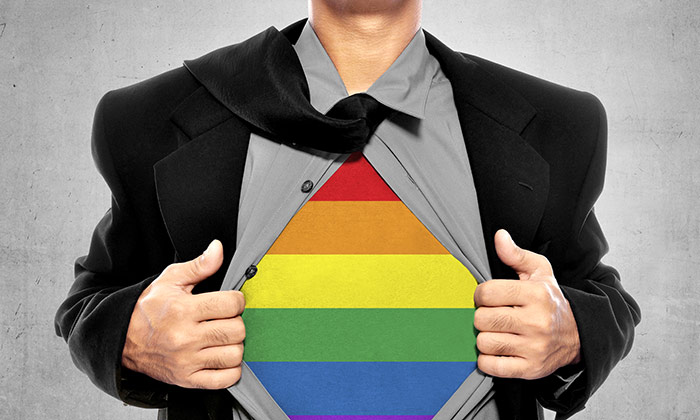
Asia is the new global battleground for lesbian, gay, bisexual, and transgender (LGBTQ) rights. The recent study, Pride and Prejudice: The next chapter of progress, by EIU, captures the opinions of 359 full-time employees at companies across seven economies—China, Hong Kong, India, Indonesia, Japan, Singapore, and Taiwan—via a survey. It reveals advances for LGBTQ inclusion in Asia’s business community, despite a conservative groupthink (herd) mentality that remains widespread. And despite progress four in ten Asian executives continue to report that being openly LGBTQ would hinder their careers.
While companies in the West have played a vocal role in advancing LGBTQ rights over the past several years, companies in Asia stand at a crossroads. Where just over 60% of Indian respondents believe there has been substantial or major progress in diversity and inclusion for LGBTQ people in their firms, half of the respondents from Indonesia, Hong Kong, and Japan believe little to no progress has been made. These disparities call for a brighter spotlight on how Asian companies can foster LGBTQ acceptance, given the rising concerns around disclosing one’s sexual orientation/gender identity in the workplace.
Asia’s two dominant powers, India and China, have positioned themselves as regional leaders on LGBTQ acceptance in several areas of the study. As their geopolitical influence grows, their corporate views are becoming more aligned with that of their employees, a young, dynamic cohort for whom promoting LGBTQ rights is a greater priority than for older generation workers. As China and India move towards embracing LGBTQ diversity and inclusion, they begin to shape a trend to be followed by the rest of Asia.




